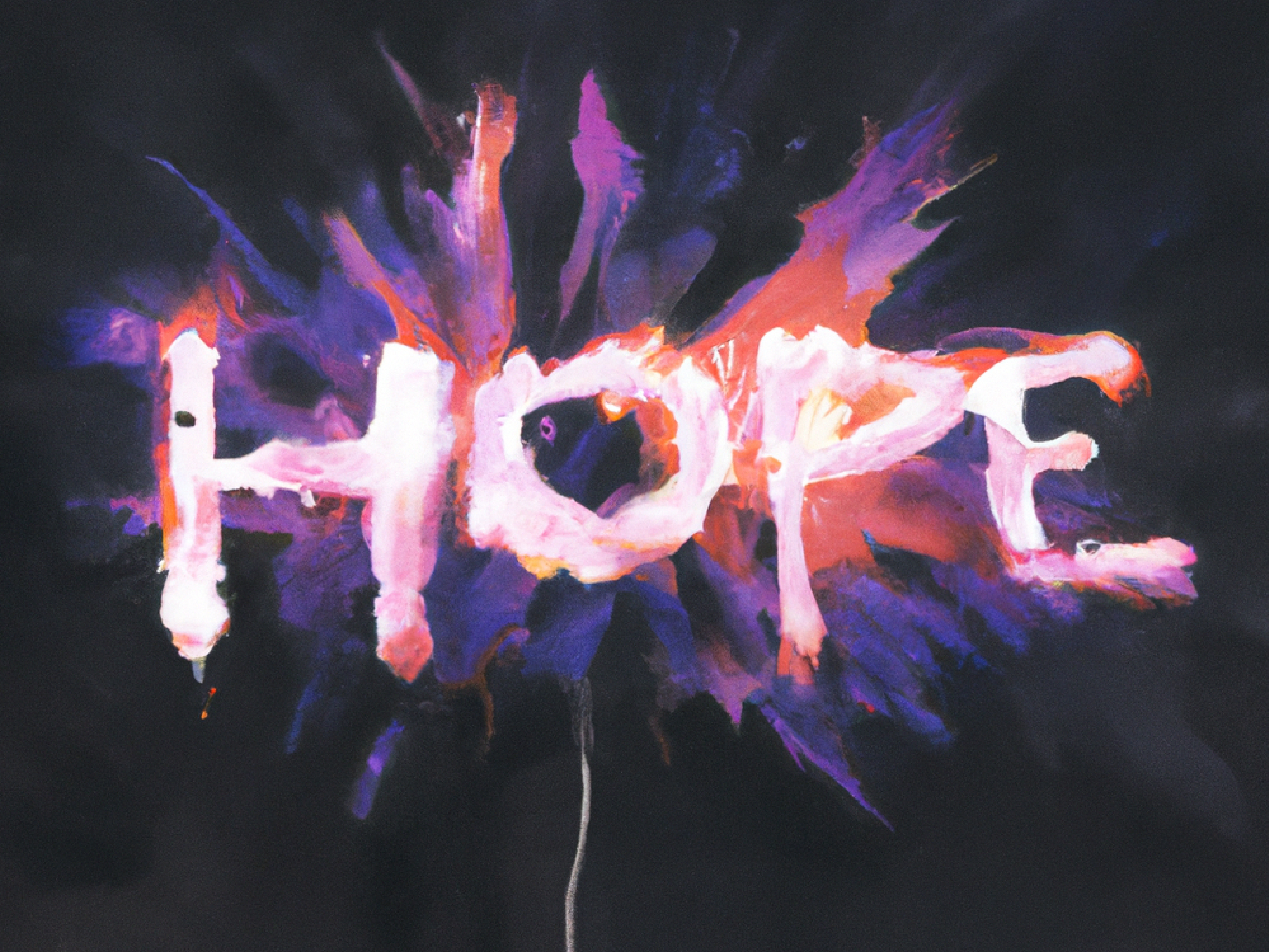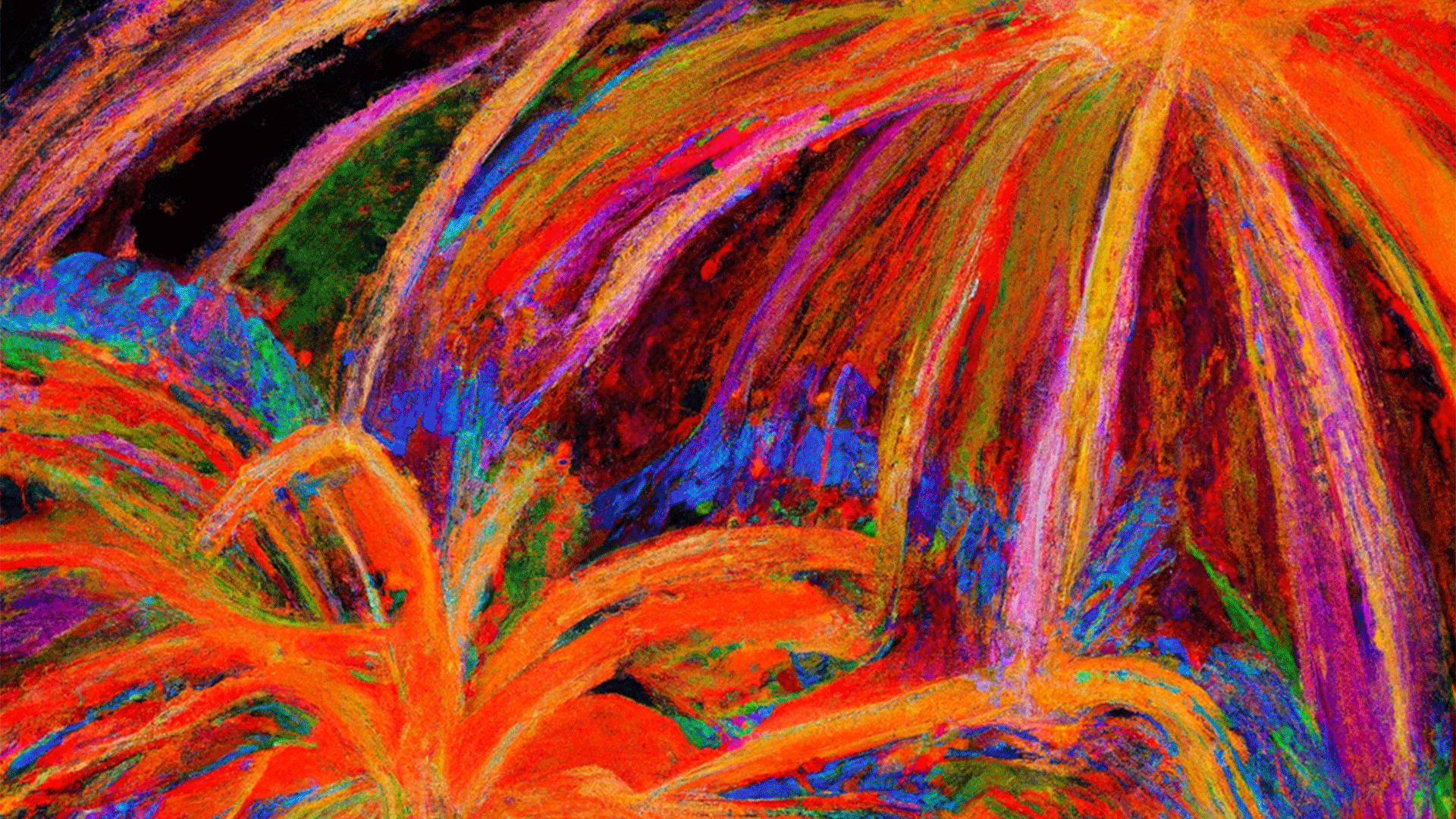“Your opponents would love you to believe that it’s hopeless, that you have no power, that there’s no reason to act, that you can’t win. Hope is a gift you don’t have to surrender, a power you don’t have to throw away.”
I quote Rebecca Solnit often. Especially today.
The Fourth of July, also known as Independence Day, has been a federal holiday in the United States since 1941.
On July 2nd, 1776, the Continental Congress voted in favor of independence from Great Britain. Two days later, delegates from the thirteen American colonies adopted the Declaration of Independence, an ultimately world-changing document drafted by Thomas Jefferson.
From 1776 to today, July 4th has been celebrated as the birth of American independence. We celebrate this day not with marches or cannons or tanks or soldiers or fighter jets overhead as a show of military muscle—but rather with barbecues and parades with high school bands and children waving flags and softball and volleyball and rounds of tag and fireworks and ice cream cones and beach trips and (dicey) macaroni salad at picnics where everyone eats way too much.
Patriotism? Today it’s a nap in a hammock after all of that.
This July the Supreme Court performed a shocking legal take-back of women’s rights to control what happens to their own bodies. There’s a clear signal that other hard won civil rights are in the cross-hairs. And the January 6 hearings have only confirmed what we all already knew—the former president and his allies almost succeeded in subverting our democracy.
So it might be tough this year to be upbeat.
This is where writer Rebecca Solnit helps. She believes that hope is an embrace of the unknown. We may be living through times of unprecedented and dangerous change, but in that uncertainty lies the power to influence the future. Now should not be the time to get swallowed by despair, but rather to act.
I think her thought is worth repeating:
“Your opponents would love you to believe that it’s hopeless, that you have no power, that there’s no reason to act, that you can’t win. Hope is a gift you don’t have to surrender, a power you don’t have to throw away.”

Hope is an act of defiance. It is a beginning, a spark and an ongoing inspiration that the status quo can be changed. Past does not have to be prologue.
Hope takes grit. Progressive constituencies have had many victories over the 246 years of our nation’s history. Grassroots movements continue to be a profound force for change. The many transformative changes we have experienced have been nothing short of astonishing—and serve as proof that we can do better.
The 20th century saw rise in hideous economic inequality that has only intensified in the 21st. The minimum wage stalled as executive compensation exploded geometrically, leading not to a “wealth gap,” but rather a “wealth chasm.” The divide is made worse by the insidiousness of climate change, whose impacts on the basics—food, water, shelter—is hitting those with the least the hardest.
Hope doesn’t mean denying these realities. It means facing them.
We should feel galvanized by the real progress the 20th and 21st centuries have brought: the movements, heroes and shifts in consciousness. Greta Thunberg has given voice to a generation already paying for the short-sightedness of their elders:
“You are failing us. The eyes of all future generations are upon you. And if you choose to fail us, I say: We will never forgive you. We will not let you get away with this. Right here, right now is where we draw the line. The world is waking up. And change is coming, whether you like it or not.”
It has been a truly remarkable decade for movement-building, social change and deep shifts in ideas and perspectives (and, of course, backlashes against all of the above).
It is important to say what hope is not: it is NOT the belief that everything was, is or will be fine. The hope I am interested in is about broad perspectives with specific possibilities that invite—or demand—that we act.
It is also not a sunny, “everything-is-getting-better!” narrative often used to counter the one about everything-is-getting-worse.
From writer Maria Popova:
“Critical thinking without hope is cynicism, but hope without critical thinking is naïveté.”
Patrisse Cullors, co-founder of Black Lives Matter, seeks to put that to work:
“Provide hope and inspiration for collective action to build collective power to achieve collective transformation, rooted in grief and rage but pointed towards vision and dreams.”

Hope and grief can coexist. I lived through the devastation of the AIDS epidemic, a horror amplified by the political gamesmanship of a conservative administration. I survived. Many of my closest friends did not.
I have lived with the memory of their lost lives every day.
But I also have lived to see the right of same-sex marriage become the law of the land, a direct result of the activism galvanized by that tragedy. The story shifted in a way I never imagined seeing in my lifetime.
But we worked hard for it. And there it is.
It has never been easy. Declaring American independence was only the beginning of the fight for American independence. It would take another 11 years to write a draft of the Constitution, and two more years after that to get it ratified. Even then it has required continual amending to right such staggering wrongs as slavery and the disenfranchisement of women.
The debate in the Supreme Court is whether or not the Constitution is a living document: the framework for realizing the Declaration’s bold vision of the “unalienable rights” of “Life, Liberty and the Pursuit of Happiness.” When those words were written nearly two and a half centuries ago, they were written for white men. Amendments have expanded the meaning of “all men are created equal” to “everyone is created equal.”
The Supreme Court’s recent ambitions now appear to threaten that. So the battle goes on.
Today, as we take stock of how far we have come and how much we have to fight for, we can take inspiration from those who declared and fought for our nation’s independence so long ago. Today we can celebrate what they started and we will continue.
So, happy Independence Day, everyone.
Today, parades and sparklers and fireworks and red, antique Ford Thunderbirds and (maybe) that macaroni salad.
Yes.
But tomorrow, we return to the fight.
Artwork by Rohan Rege, Designer at COLLINS.